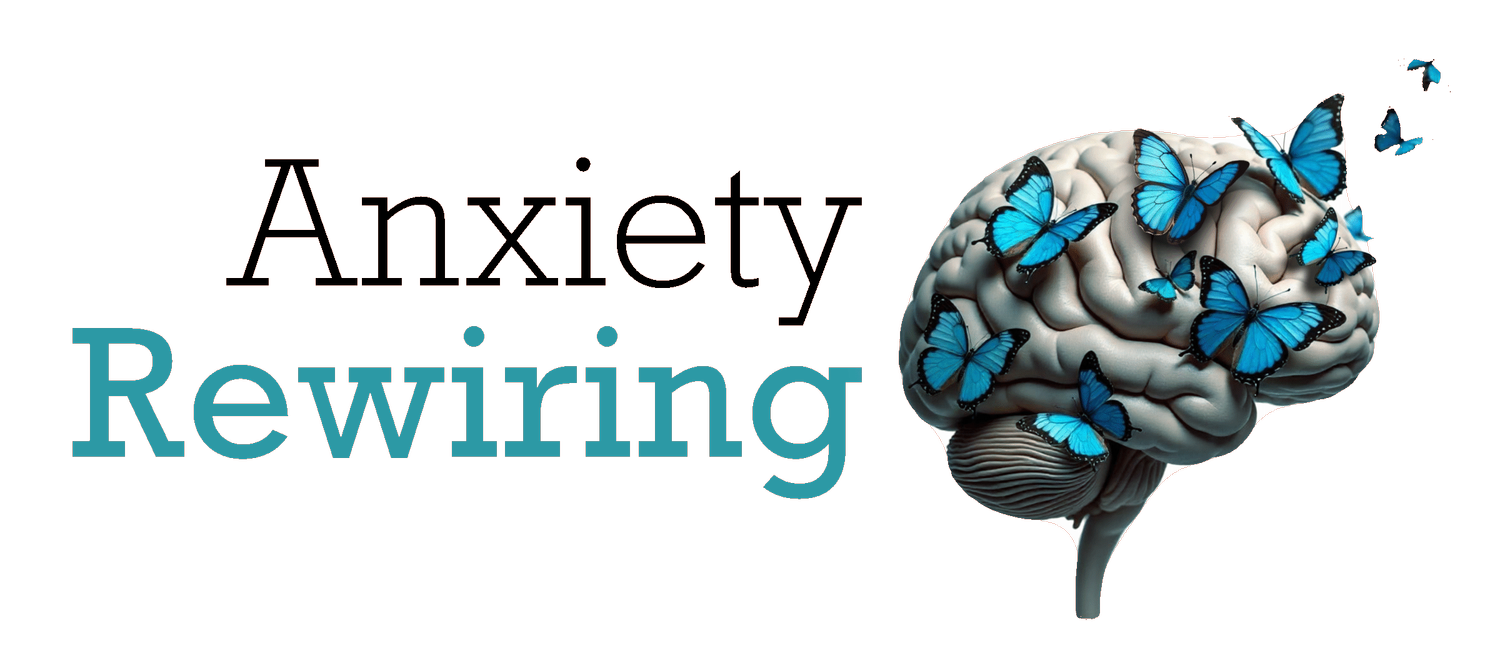It’s Okay to Fail!
We’re taught from an early age to avoid failure — to see it as something to fear, fix, or hide. But in therapy and in life, a felt failure isn’t a judgment on your worth. It’s proof that you tried, that you acted, that you’re in the process of learning.
Why Failure Feels So Big
Failure can trigger shame, self-criticism, and the fear of rejection. Those feelings are often the root of procrastination, instilled in us in childhood by adults who never overcame those fears in themselves. In practical terms, failure is just feedback. It shows you where to adjust, not whether you’re worthy. Growth happens in the space after “that didn’t work” and “what can I do differently next time?”
The Psychology of Failure
Resilience building: Each failure you face and recover from strengthens your ability to adapt.
Neuroplasticity: Your brain has the ability to connect new knowledge with success, forming stronger pathways with each attempt.
Self-compassion: Research shows that kindness toward yourself in failure predicts greater motivation and persistence than self-criticism.
Reframing Failure
Instead of “I failed,” try:
I experimented and got new information.
I’m learning what doesn’t work for me.
This is one chapter, not the whole story.
A Gentle Challenge
Think of one thing you’ve been avoiding for fear of failing. Take a small, safe step toward it this week — not to guarantee success, but to practice staying present through uncertainty. Failure isn’t the opposite of success. It’s part of how you get there.

